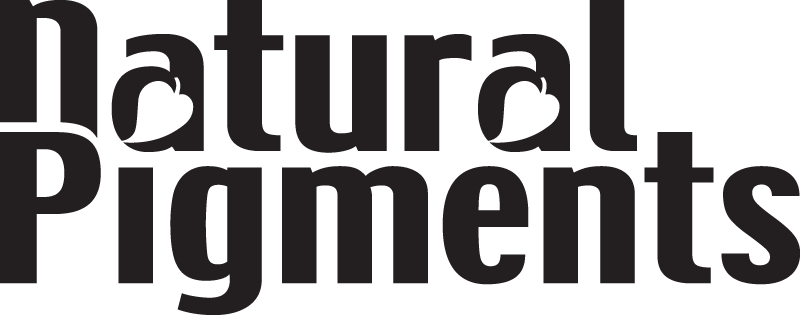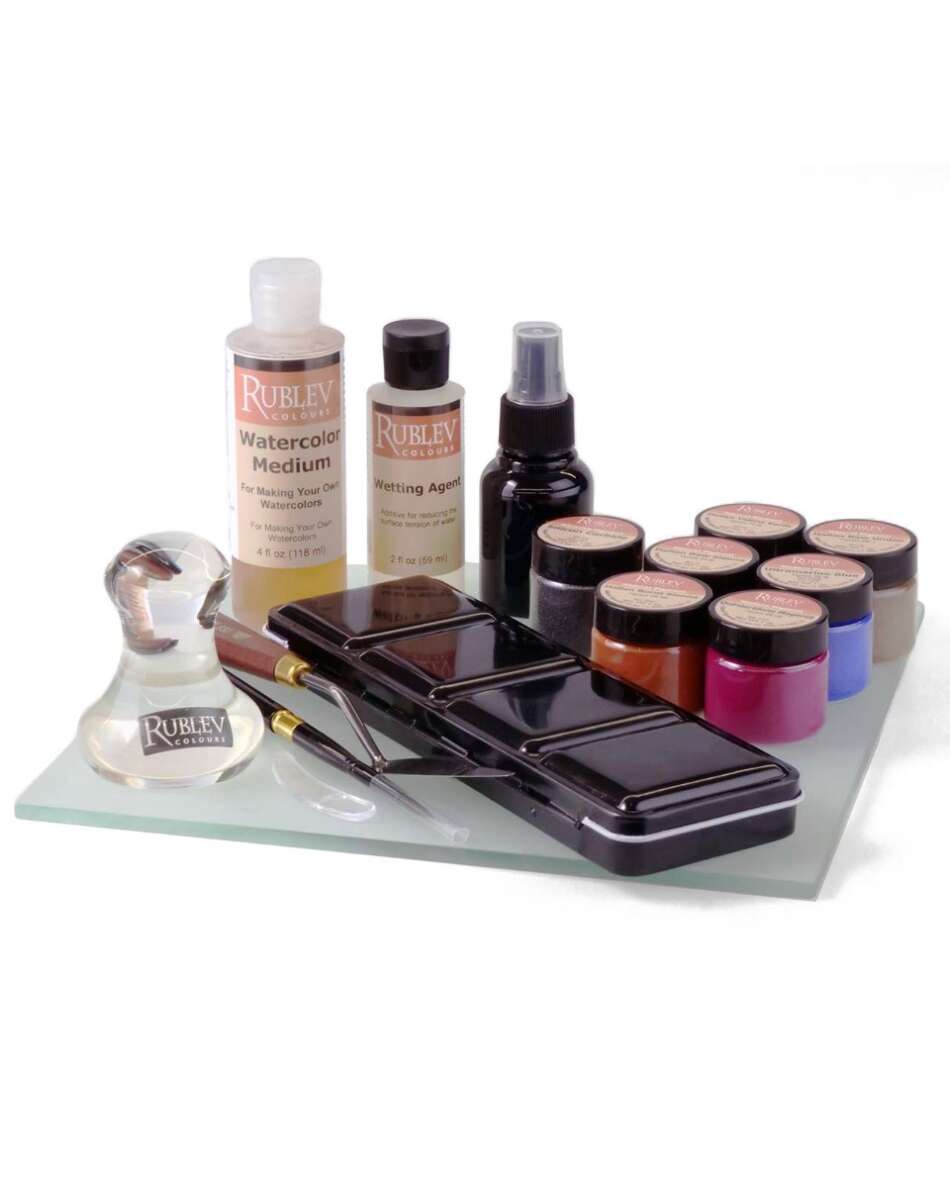For those seeking alternatives to traditional watercolor paints, options include acrylic inks, water-soluble pencils, and markers. Each provides a unique texture and fluidity that can mimic or complement watercolor techniques.
Premium Watercolor Paint Making Kit for Artists
The complete kit for making watercolors. Here are all the tools you need and a sample set of six pigments to start making your own watercolor paint. The kit also includes watercolor medium.
Rublev Colours Watercolor Paint Making Kit is intended for artists who want to expand their painting horizons but have little or no experience making their own watercolor paints. The kit comes with all the materials that you need to get started, including instructions, a glass muller, a grinding surface, and six traditional pigments in dry powder form to start making your own watercolor paint.
It is an excellent introduction to paint making, which can open the door to a new range of possibilities in different mediums, pigments, and paint recipes.
Pigments Included in the Kit
The kit includes one ounce (29 ml) of each of six pigments—all packaged in individual plastic jars. These pigments represent a basic set of hues used in historical watercolor paintings during the nineteenth century.
Purpose of the Watercolor Paint Making Kit
The Rublev Colours Watercolor Paint Making Kit is designed for artists who wish to make small amounts of watercolor paint. You will find it helpful in making paint on the spot, as you need them. Unlike larger grinding tools, the small size of these tools allows for easy, carefree cleanup between use. It's also a great educational tool for instructors to demonstrate how artists' paint was made before the nineteenth century.
The kit includes the following items:
| Kit Contents | ||
| Item | Quantity | Description |
 | 1 each | Introductory Pigment Sampler 3 See the complete description here. |
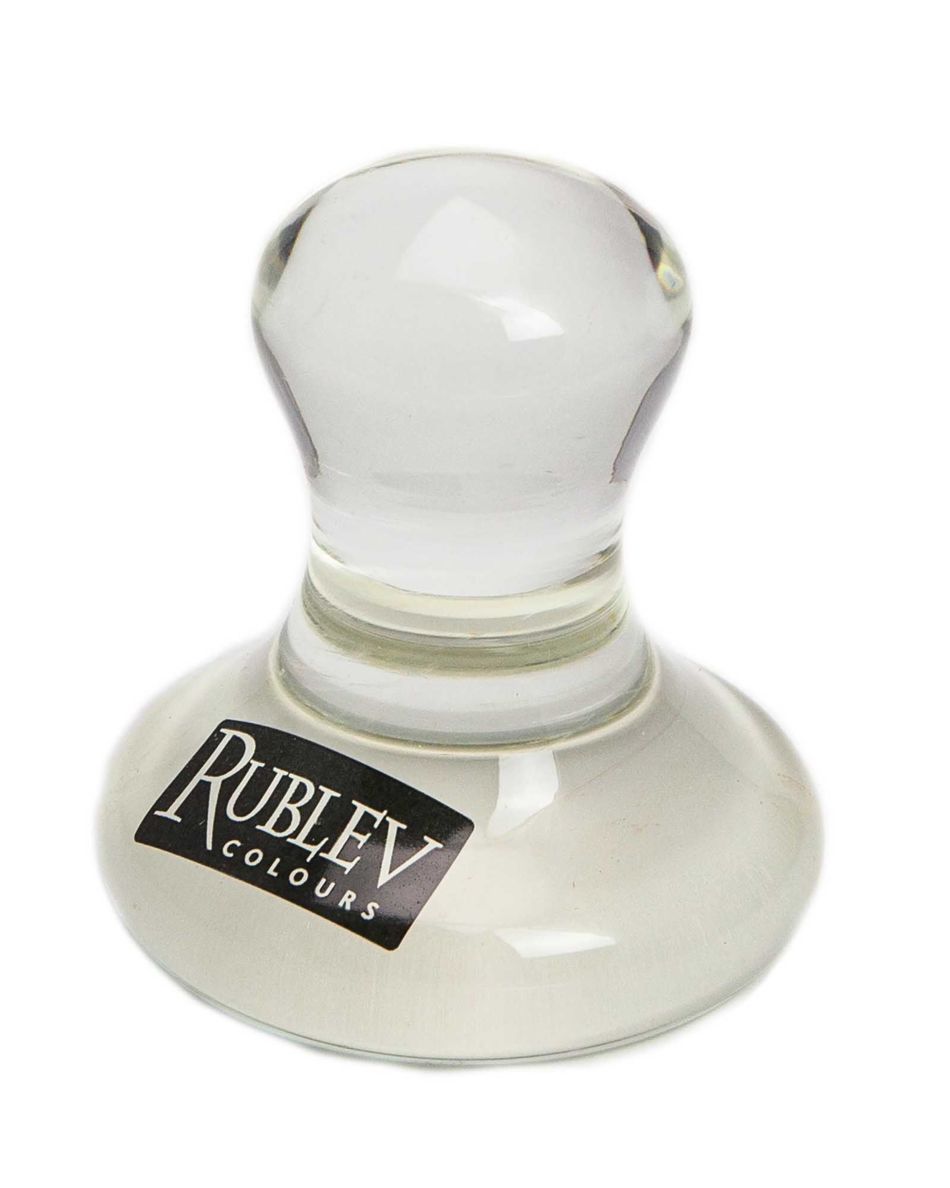 | 1 each | Glass Muller, Small See the complete description here.
|
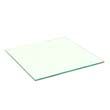 | 1 each | Grinding Plate, 254 x 254 x 63 mm (10 x 10 x 0.25 inch) tempered glass, sandblasted See the complete description here. |
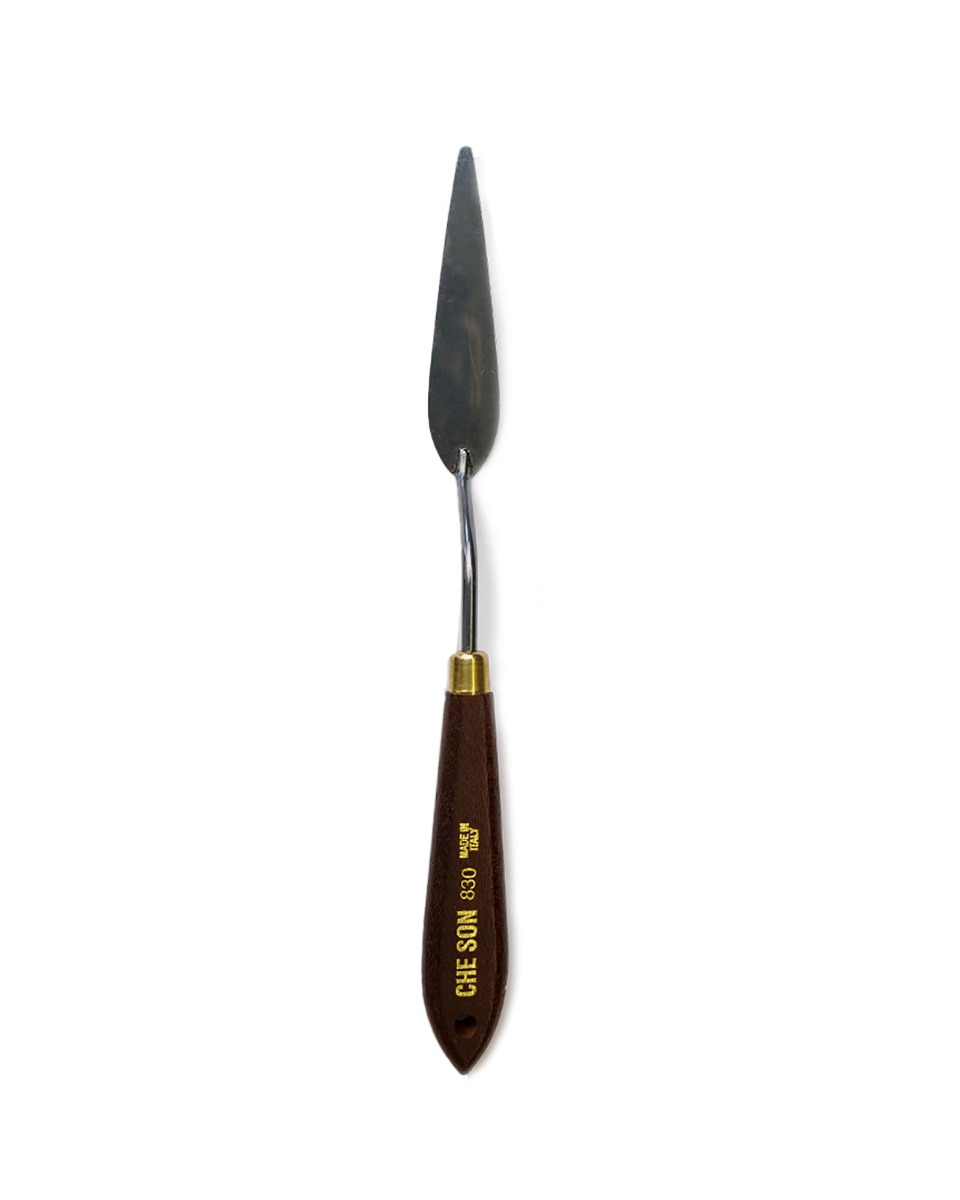 | 1 each | Spatula, stainless steel metal with wood handle |
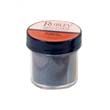 | 1 each | Silicon Carbide, 100 grit, net volume 1 ounce (29 cc) jar See the complete description here. |
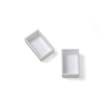 | 20 pc | Full Pans (10 pc), Half Pans (10 pc) See the complete description here. |
 | 1 each | Travel Watercolor Round Brush (New!) See the complete description here. |
| 3 each | Curved Spatula, Clear (New!) | |
 | 1 each | Spray Bottle, 2 fluid ounces (59 ml) (New!) |
 | 1 each | Wetting Agent, 2 fluid ounces (59 ml) See the complete description here. |
 | 1 pc | Watercolor Case 12 Full / 24 Half Pans (New!) See the complete description here. |
 | 1 each | Watercolor Medium, 4 fluid ounces (118 ml) See the complete description here. |
 | 1 each | Making Waterborne Paint—This hour-long online course provides you a complete tutorial for preparing the grinding surface, making your own waterborne paint (watercolor and tempera), and storing paint in collapsible tubes and pans. This is a $35 value that is free when you purchase this kit. Read more about the course. |
Frequently Asked Questions
What can I use instead of watercolor paint?
How do you make regular paint into watercolor?
To convert regular paint into a watercolor-like medium, you can dilute acrylic paint with water. Start with a small amount of water and gradually add more until you achieve the desired transparency and fluidity. Remember that acrylic paint will not be able to lift as watercolor paint due to the acrylic binder.
Can you make watercolor paint with food coloring?
Yes, you can create a simple watercolor paint by mixing food coloring with water. This method is great for educational purposes or casual experimentation, but the colors may not be as permanent or lightfast as traditional watercolor paints.
Can I make my own liquid watercolor paint?
Absolutely. You can make your own liquid watercolor by diluting watercolor paint with water until it reaches a liquid consistency. This allows for a variety of applications, from painting to spraying.
How do you make white watercolor at home?
Creating white watercolor paint involves mixing a white pigment, such as titanium white, with a watercolor medium. This homemade mixture can then be applied over other colors for highlights or mixed with colors to create tints.
Can you make your own watercolor palette?
Yes, creating a custom watercolor palette is possible by selecting individual pigments and mixing them with a watercolor binder. This allows artists to customize their color selection and palette layout according to their preferences and needs.
| SKU | 601-1104 |
|---|---|
| Brand | Rublev Colours |
| Vendor | Natural Pigments |
| Processing Time | Usually ships the next business day. |

